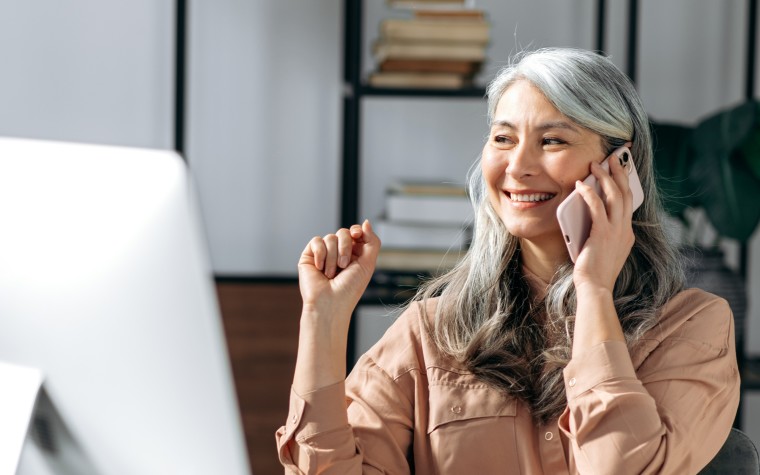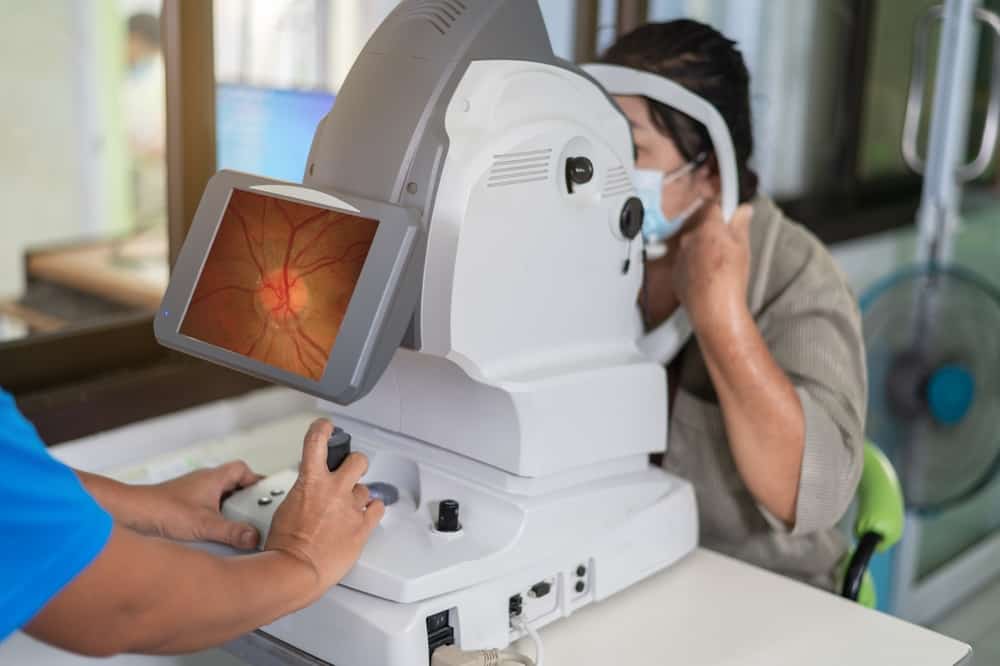All Categories
Featured
Unlocking Opportunities: Comprehensive Low Vision Rehabilitation Alternatives.
Living with low vision can offer unique difficulties, but modern rehab methods encourage individuals to adapt and flourish. From advanced technology to hands-on training, there are many alternatives designed to enhance life and foster independence. Below's a thorough appearance at the diverse rehab options offered for those with low vision.
The Function of Low Vision Recovery
Reduced vision rehabilitation focuses on assisting individuals maximize their continuing to be vision and create abilities to manage their surroundings. With a combination of tools, training, and customized assistance, recovery programs improve functionality and boost self-confidence in navigating day-to-day tasks.
Key Reduced Vision Rehab Options
Personalized Aesthetic Help
High-Powered Magnifiers: These tools are available in portable, wearable, or digital formats, enabling users to read, create, or sight things up close.
Telescopic Glasses: Ideal for enhancing distance vision, these glasses assist with tasks such as watching tv or analysis indicators.
![]()
Filter Lenses: Colored lenses minimize glow, boost contrast, and supply UV protection, improving comfort and visibility.
Technical Advancements
Digital Magnification Instruments: Desktop and mobile gadgets use flexible zoom, enabling much easier accessibility to printed materials and digital material.
![]()
Voice-Assisted Technology: Screen viewers, voice-enabled smart devices, and AI-driven applications aid users browse the electronic globe more successfully.
Wearable Vision Aids: Smart glasses equipped with cams and auditory comments give real-time help with reading, identifying objects, and spatial alignment.
Specialist Training Programs
Orientation and Wheelchair Training: This program instructs individuals exactly how to move with confidence within their homes and areas, frequently integrating canes or overview canines.
Daily Living Abilities: Specialized training equips individuals with techniques to do necessary tasks such as cooking, dressing, and taking care of house jobs.
Adaptive Visual Techniques: Specialists guide individuals on leveraging peripheral vision or scanning methods to make up for vision loss.
Ecological Adjustments
![]()
Basic adjustments at home or job can considerably enhance access:
Making use of different colors for far better things differentiation.
Including job illumination to improve visibility.
Marking home appliances with tactile indications for much easier operation.
Emotional and Social Support
Handling vision loss frequently entails emotional adjustments. Support system and therapy solutions supply a secure space to share experiences and develop resilience.
Peer mentoring programs link individuals with comparable challenges, cultivating camaraderie and shared services.
Accessing Rehabilitation Providers
Low vision rehabilitation services are extensively available through:
Specialized Clinics: Ophthalmologists and eye doctors learnt reduced vision care provide tailored assessments and services.
Nonprofit Organizations: Groups like the American Structure for the Blind and VisionAware provide resources, support, and referrals.
Area Centers: Local solutions might give totally free or low-priced training and access to assistive tools.
Last Thoughts
By exploring the many rehab choices readily available, those with reduced vision can discover methods that work best for their unique requirements and circumstances. If you or a liked one faces vision difficulties, don't think twice to reach out to a low vision specialist to start the trip toward empowerment and versatility.
Living with low vision can offer unique difficulties, but modern rehab methods encourage individuals to adapt and flourish. From advanced technology to hands-on training, there are many alternatives designed to enhance life and foster independence. Below's a thorough appearance at the diverse rehab options offered for those with low vision.
The Function of Low Vision Recovery
Reduced vision rehabilitation focuses on assisting individuals maximize their continuing to be vision and create abilities to manage their surroundings. With a combination of tools, training, and customized assistance, recovery programs improve functionality and boost self-confidence in navigating day-to-day tasks.
Key Reduced Vision Rehab Options
Personalized Aesthetic Help
High-Powered Magnifiers: These tools are available in portable, wearable, or digital formats, enabling users to read, create, or sight things up close.
Telescopic Glasses: Ideal for enhancing distance vision, these glasses assist with tasks such as watching tv or analysis indicators.

Filter Lenses: Colored lenses minimize glow, boost contrast, and supply UV protection, improving comfort and visibility.
Technical Advancements
Digital Magnification Instruments: Desktop and mobile gadgets use flexible zoom, enabling much easier accessibility to printed materials and digital material.

Voice-Assisted Technology: Screen viewers, voice-enabled smart devices, and AI-driven applications aid users browse the electronic globe more successfully.
Wearable Vision Aids: Smart glasses equipped with cams and auditory comments give real-time help with reading, identifying objects, and spatial alignment.
Specialist Training Programs
Orientation and Wheelchair Training: This program instructs individuals exactly how to move with confidence within their homes and areas, frequently integrating canes or overview canines.
Daily Living Abilities: Specialized training equips individuals with techniques to do necessary tasks such as cooking, dressing, and taking care of house jobs.
Adaptive Visual Techniques: Specialists guide individuals on leveraging peripheral vision or scanning methods to make up for vision loss.
Ecological Adjustments

Basic adjustments at home or job can considerably enhance access:
Making use of different colors for far better things differentiation.
Including job illumination to improve visibility.
Marking home appliances with tactile indications for much easier operation.
Emotional and Social Support
Handling vision loss frequently entails emotional adjustments. Support system and therapy solutions supply a secure space to share experiences and develop resilience.
Peer mentoring programs link individuals with comparable challenges, cultivating camaraderie and shared services.
Accessing Rehabilitation Providers
Low vision rehabilitation services are extensively available through:
Specialized Clinics: Ophthalmologists and eye doctors learnt reduced vision care provide tailored assessments and services.
Nonprofit Organizations: Groups like the American Structure for the Blind and VisionAware provide resources, support, and referrals.
Area Centers: Local solutions might give totally free or low-priced training and access to assistive tools.
Last Thoughts
By exploring the many rehab choices readily available, those with reduced vision can discover methods that work best for their unique requirements and circumstances. If you or a liked one faces vision difficulties, don't think twice to reach out to a low vision specialist to start the trip toward empowerment and versatility.
Latest Posts
Discover Exclusive Auto Repair Specials in Chicago at Montclare Auto Repair
Published May 29, 25
1 min read
Take Advantage of Special Auto Repair Offers in Chicago at Montclare Auto Repair
Published May 25, 25
1 min read
Find Outstanding Car Repair Services at Montclare Auto Repair – Drive with Confidence
Published May 24, 25
1 min read
More
Latest Posts
Discover Exclusive Auto Repair Specials in Chicago at Montclare Auto Repair
Published May 29, 25
1 min read
Take Advantage of Special Auto Repair Offers in Chicago at Montclare Auto Repair
Published May 25, 25
1 min read
Find Outstanding Car Repair Services at Montclare Auto Repair – Drive with Confidence
Published May 24, 25
1 min read